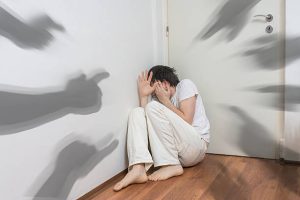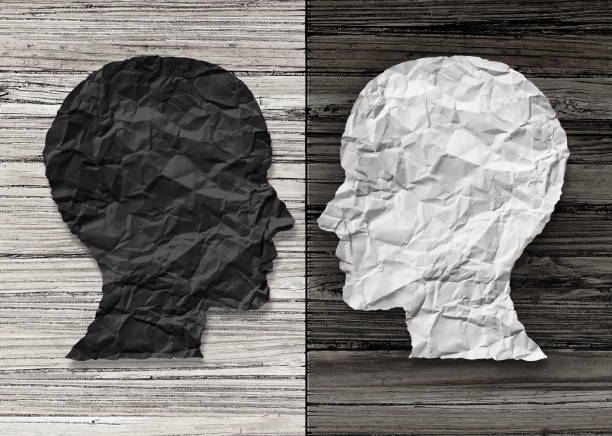Table of Contents
TogglePsychotic disorders are serious mental illnesses that affect the brain. They can cause hallucinations, delusions, and other symptoms. Psychotic disorders are associated with a number of risk factors and may be preceded by signs of mental illness such as depression or anxiety disorder.

What is a psychotic disorder?
A psychotic disorder is a mental illness that causes abnormal thoughts and perceptions. Psychotic disorders include schizophrenia, bipolar disorder, and major depression. The symptoms of these disorders are also called psychosis.
Psychosis refers to an episode of severe mental illness where a person loses contact with reality (a break from reality) for at least one month; this can occur for shorter periods of time or be continuous without any break at all.
What are the symptoms of a psychotic disorder?

Delusions:
Delusions are the most common symptom of a psychotic disorder. Someone with a delusion believes that, for example, they are Jesus Christ or that aliens have landed on Earth. A person may also have delusions about being poisoned or abducted by aliens. Hallucinations:
Hallucinations occur when you see things that aren’t there (like hearing voices) or experience sensations in your body (such as feeling vibrations). Disorganized speech and behavior:
This means that someone with schizophrenia may not be able to make sense of what they are saying or doing; it doesn’t mean they don’t know what they’re doing! They just can’t tell you how their thoughts and actions make sense because there isn’t any logic behind them anymore…
How many people in the United States have a psychotic disorder?
Approximately 3.7 million people in the United States have a psychotic disorder. This is approximately 1% of all Americans, but it’s more common among men than women and most often affects young adults.
Can a psychotic disorder be caused by drug use?

Drug use is a risk factor for developing psychosis.
The drug can trigger the onset of symptoms in people who already have a predisposition to it and can worsen psychotic symptoms. Drug use can cause temporary or permanent changes in your brain chemistry that lead to psychosis.
The drugs that are most commonly associated with causing this condition include:
- Cocaine (also known as coke)
- Ecstasy/MDMA (Methylenedioxymethamphetamine)
- Methamphetamine (also known as crystal meth or speed)
If you’re experiencing problems related to drug use, don’t beat yourself up over it; seek professional help right away!
Are there other risk factors for developing a psychotic disorder?
There are other risk factors for developing a psychotic disorder. Genetics are one of the most common reasons for developing this condition, but it does not mean that you will develop it if you have a family member who has experienced these symptoms before. Environmental factors such as stress and trauma can also increase your chance of developing psychosis or another type of mental illness such as depression or anxiety disorders.
Age is another factor that affects how often people experience psychotic symptoms like hallucinations and delusions. For example, young adults are more likely than older adults to experience depressive episodes because they’re still growing up emotionally and physically so there may be times when they feel overwhelmed by life events causing them sadness or grief which could lead them into more serious mental health issues later on down the line.”
Is it possible to prevent psychosis and related disorders?
It is possible to prevent a psychotic disorder and related disorders. Some of the ways to prevent psychosis and related disorders include:
-
Using drugs should be avoided as it has been demonstrated that heavy cocaine use can increase a person’s risk of developing a psychotic disorder, such as schizophrenia or bipolar disorder, by 30 percent to 40 percent in some cases. The same applies to any other form of drug use that may result in addiction and dependence, such as alcohol or tobacco product usage.
-
Young people under 18 years old who have been diagnosed with mental health conditions such as depression or anxiety disorders before age 18 should actively avoid alcohol use, especially if they seek help in finding treatment options available through their schools’ counseling centers.

Conclusion
It’s important to remember that if you think you or a loved one may be experiencing a psychotic illness, it is never too late to seek help. Do not suffer in silence and do not feel ashamed of your symptoms. There are many people who have gone through similar experiences, and they are all working toward recovery today.









